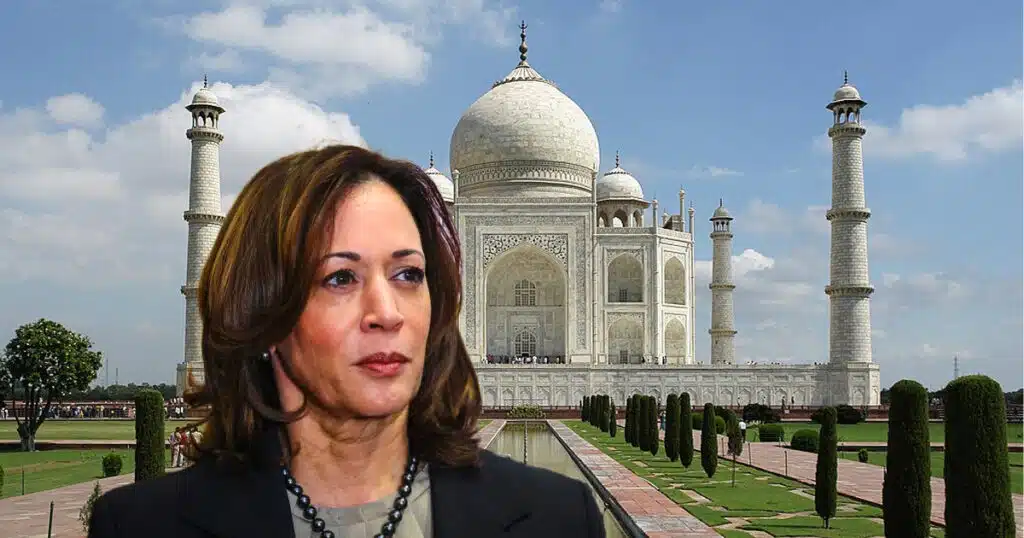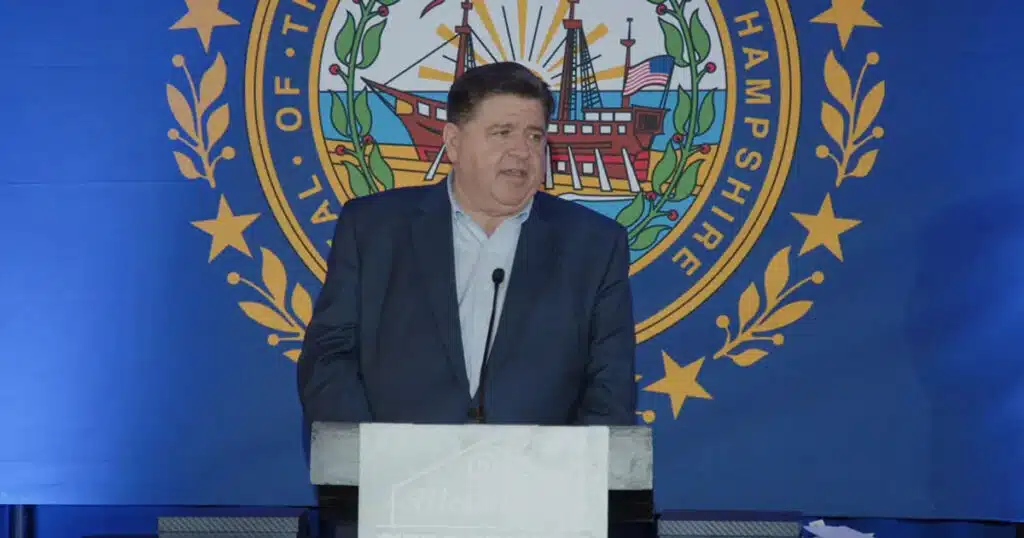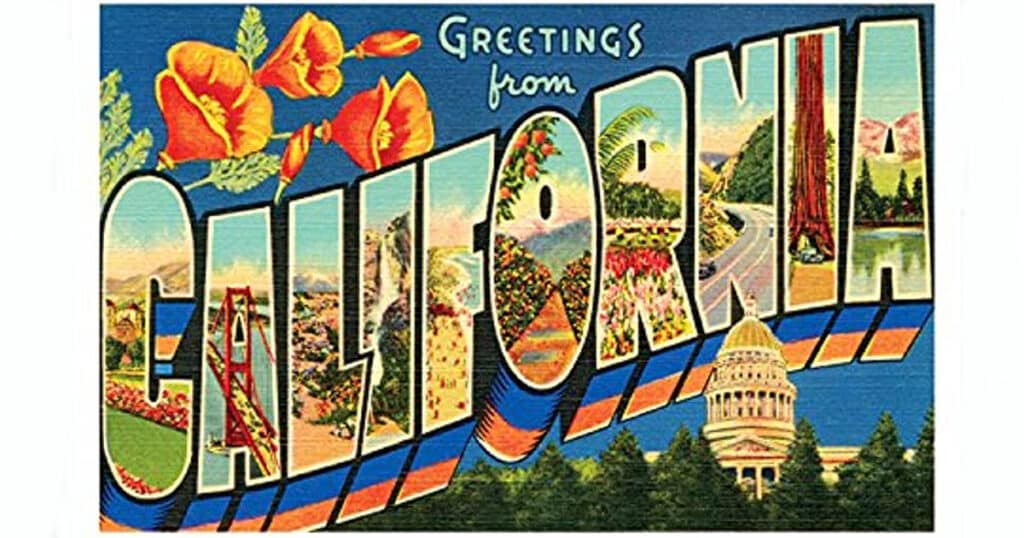
Kamala Harris has been identified as Indian, Black and Asian American by newspapers
Newspapers across the country have historically made issue of the race of Democratic presidential candidate Kamala Harris since her first days in public office.
Newspaper stories now more than 20 years old have referenced Harris as an Indian-American and as a Black woman. More recently, they have described the vice president also as “Asian American.”
Race has become an issue because former President Donald Trump said he didn’t know Harris was Black “until a number of years ago.”
Trump was asked by ABC News’ Rachel Scott if he thought Harris was “only on the ticket” because she was a Black woman.
“She was always of Indian heritage and she was only promoting Indian heritage,” Trump told Scott. “I didn’t know she was Black until a number of years ago when she happened to turn Black. And now she wants to be known as Black. So, I don’t know. Is she Indian or is she Black? You know what, I respect either one. But she obviously doesn’t. Because she was Indian all the way and then all of a sudden she made a turn and … she became a Black person.”
On Thursday, Trump posted on his social media platform a photo of Harris with her family.
“Thank you Kamala for the nice picture you sent from many years ago! Your warmth, friendship, and love of your Indian heritage are very much appreciated,” Trump wrote with the post.
Newspapers have made issue of Harris’ race for 20 years, first mentioning her in 2004 as “California’s first elected prosecutor of either black or East Indian descent.”
The Ventura County Star in California also noted Harris’ race in a 2008 story.
“Her biracial background makes her the state’s first black – and nation’s first Indian American – district attorney,” the newspaper reported.
In 2010, the Associated Press wrote an article on the number of political candidates who were Indian.
“Meet Reshma, Surya, Manan, Raj, Ami, Ravi, Nimrata and Kamala – a new wave of Indian-American politicians,” the AP reported.
In 2011, the San Francisco Examiner highlighted Harris’ race.
“Three days after she was sworn in as the first Indian-American elected to statewide office, Attorney General Kamala Harris backed a state agency that denied a Sikh man a job because of his beard,” the San Francisco Examiner reported.
In 2012, The Record of Bergen, New Jersey, described Harris as “California’s first Indian attorney general.”
“Journalist Arthur Pais covered the Ravi trial extensively for India Abroad, a publication that focuses on India in the region, often featuring the stories of barrier-breakers like Kamala Harris, California’s first Indian attorney general,” the newspaper reported.
In 2020, the Associated Press went to the village of Thulasendrapuram in India to report on the presidential election victory. The AP stated it was the hometown of Harris’ Indian grandfather.
“Harris’ late mother also was born in India, before moving to the U.S. at the age of 19 to study at the University of California. She married a Jamaican man, and they named their daughter Kamala, Sanskrit for ‘lotus flower,” the AP reported.
In 2020, the Tampa Bay Times and the Detroit Free Press referred to Harris also as an “Asian American.”
“Harris is the first Black woman and the first Asian American woman to join a major-party presidential ticket in the United States,” the Tampa Bay Times reported on Aug. 13, 2020.
Harris gave her views on her racial identity in a 2015 article in the Los Angeles Times.
That article stated that her parents, Shyamala Gopalan and Donald J. Harris, met when they were college students in Berkeley, California. They divorced when Harris was 5.
“My Indian mother knew she was raising two black daughters,” Harris said in 2015. “But that’s not to the exclusion of who I am in terms of my Indian heritage.
The LA Times reported, “Steeped in Indian culture, Harris and her sister, Maya, now a civil rights lawyer and senior policy advisor to Hillary Rodham Clinton visited family in Madras on occasion.”
“I grew up going to a black Baptist Church and a Hindu temple,” Harris said in that article. “The neighbors’ kids were not allowed to play with us because we were black.”



